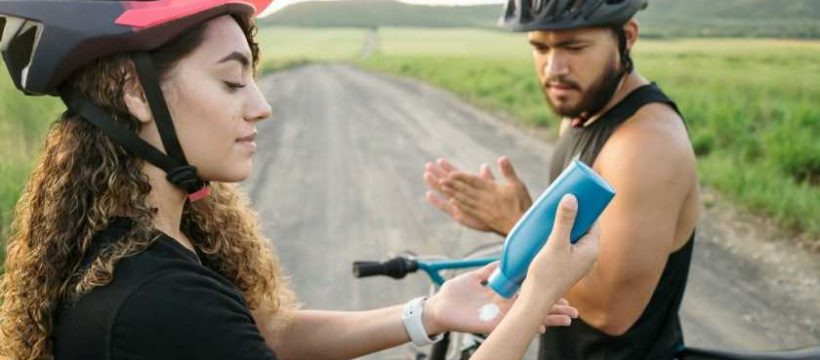Why you need an active SPF for outdoor workouts.
SPF stops our skin from becoming damaged or burnt. That’s why you slap on the cream before you head to the beach, for a picnic or any other extended periods of time in the sun.
But you’ll be fine without it for that 30-minute run in the sunshine, right? Not so fast. The best dermatologists will always recommend SPF when outside, no matter for how long or what the weather.
“It’s best to wear SPF at all times when you’re outdoors to be on the safe side and prevent unnecessary sun damage – even if you’re only outside for 30 minutes,” says Ada Ooi, founder of 001 Skincare. “UV rays can damage your skin even when it’s cloudy, as they can penetrate through the clouds.”
You may also like
Reef safe sunscreen: The best SPFs for face that are kind to the environment
Despite that, loads of us still skip it. The faff of layering on cream before sweating is unappealing – it takes us back to childhood days of streaky white lines and stinging eyes. But that doesn’t have to be the case, says Ooi.
“As you exercise, you’ll get more sweaty, and this will gradually lessen the effectiveness of your sunscreen. Sweatproof sunscreens usually have polymer ingredients acting as a “cling film” that stick to the skin better, preventing sweat from wiping it off,” she says.
The key lies in finding an SPF that is sweatproof while also light enough that it can cling to the skin without suffocating it, especially if you’re sweating. She says you should find a formula that allows two lines of suncream, each a finger’s length, to cover your face without feeling too heavy.
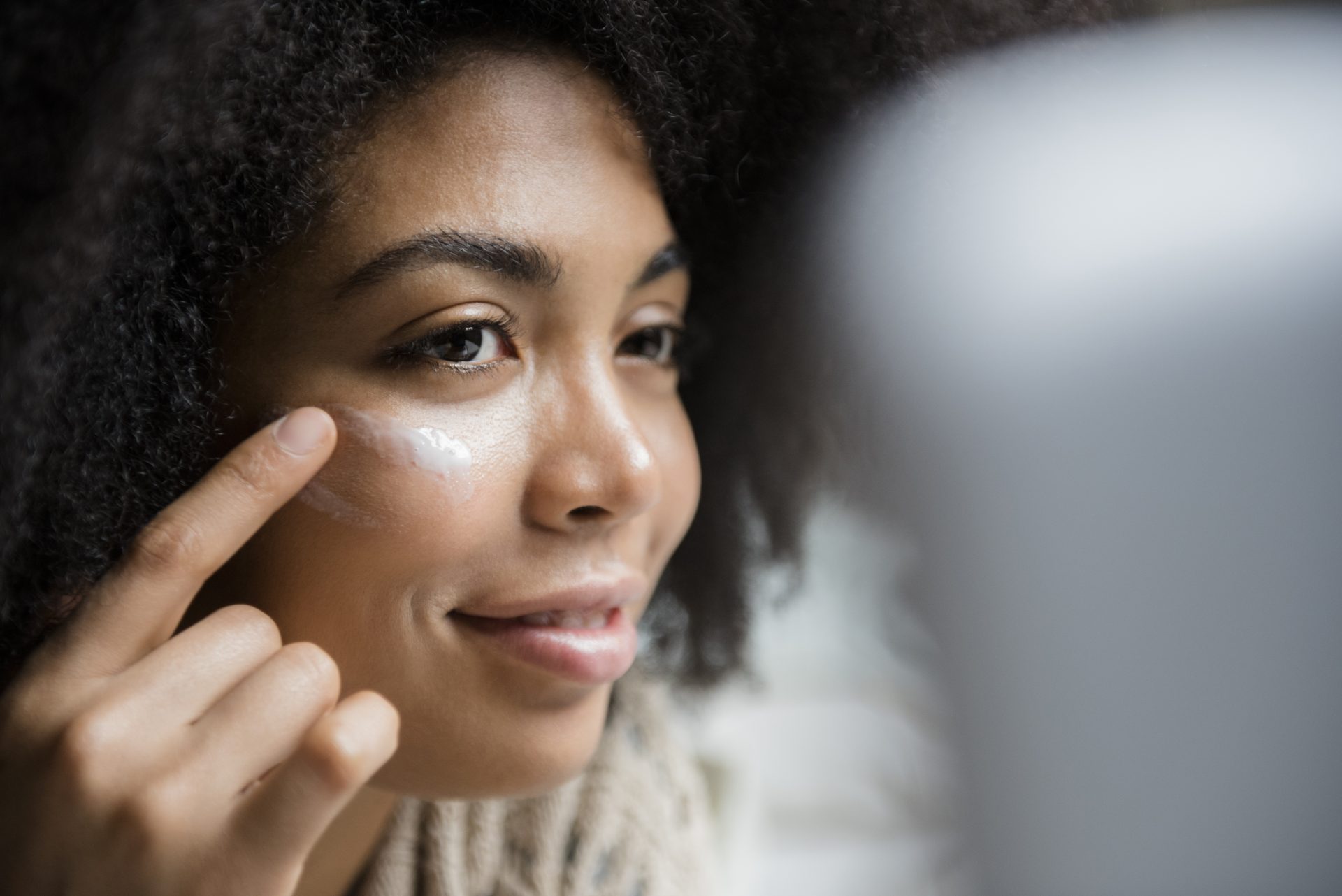
“But the most important thing to remember about protecting your skin while you’re working out is to top up your sunscreen regularly. If you’re exercising outside for more than two hours you will need to reapply, even if it’s a water-resistant or sweat-proof formula. Active sunscreens designed for exercise tend to be the best for the outdoors as they bounce or scatter UV off the skin immediately before it can penetrate,” Ooi adds.
As for SPF factor? Put down the bottle of 15. “SPF30 and above is the recommended factor to wear, but if your skin is very fair you might need a higher factor, such as SPF50, as your skin is at higher risk of sun damage,” she says.
Other ways to protect your skin when outside
“Even with us using more SPF than we’ve ever used in the past 20 years, skin cancer is still the fastest-growing cancer,” says Corinna Tolan, owner of Monica Tolan The Skin Experts London. “The reality is that SPF is not winning the battle, so it’s important to keep out of the sun when possible. It’s always best to use physical coverage – specifically, to wear a hat that comes down below your hairline.”
You may also like
6 tips to speed recovery post workout on a hot summer’s day
So SPF isn’t foolproof, but because we tend to wear fewer layers when exercising it is even more crucial. Ideally, you’d keep out of the midday sun: “Try to arrange outdoor activities for early morning, before midday when the sun is at its highest, or after 3pm when the sun begins to set,” says Tolan.
The best SPFs for outdoor exercise
-
Supergoop! Play Everyday Lotion
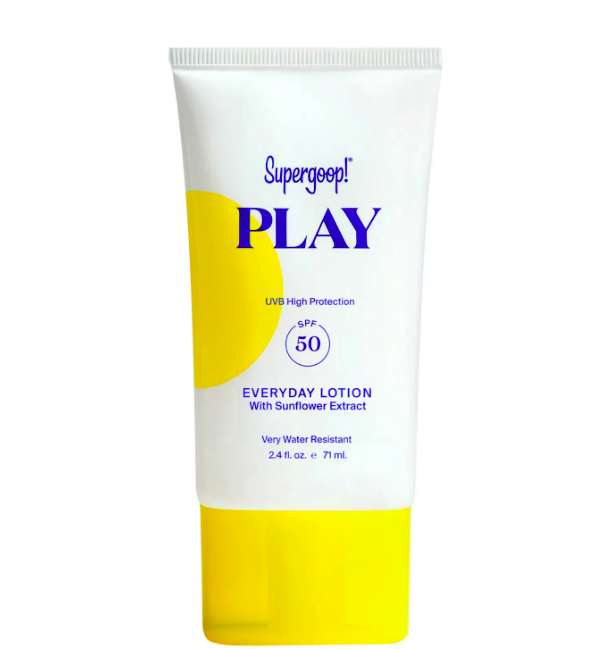
Spf for exercise: Supergoop! An all-over face and body formula that’s water and sweat-resistant, lightweight and fast-absorbing for chalk-free running.
Buy now
-
Skinnies Conquer SPF50+
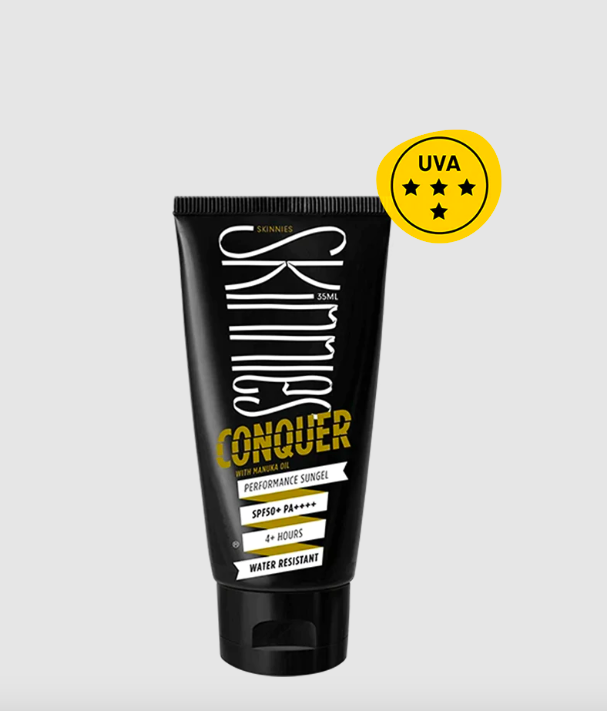
SPF for exercise: Skinnies Sport sunscreen that won’t sting your eyes, thanks to a long-lasting water-resistant formula.
Buy now
-
La Roche Posay Anthelios UVMUNE 400 Invisible Fluid
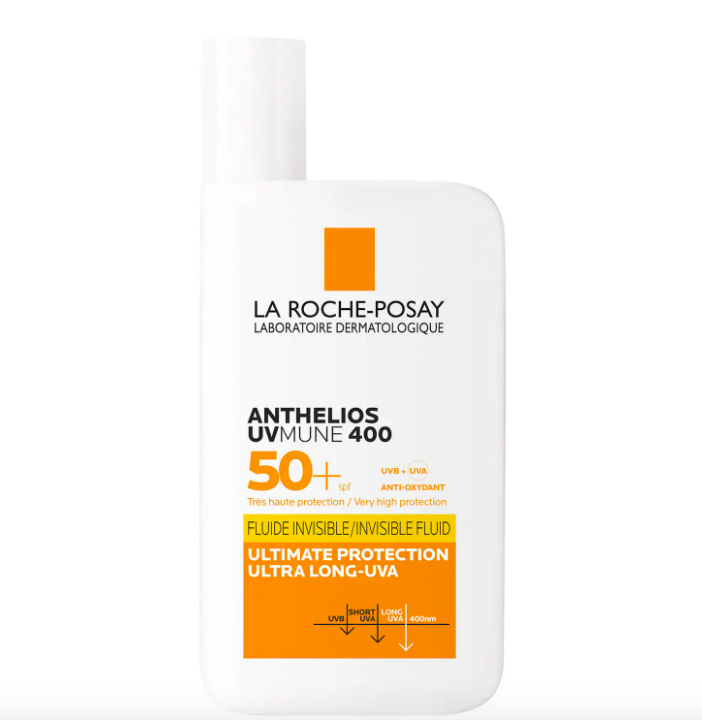
SPF for exercise: La Roche Posay This lotion is ‘ultra-resistant’, meaning it stays put in the face of water, sweat and sand.
Buy now
For more health and wellness advice, sign up to the Strong Woman Training Club.
Images: Getty
Source: Read Full Article
